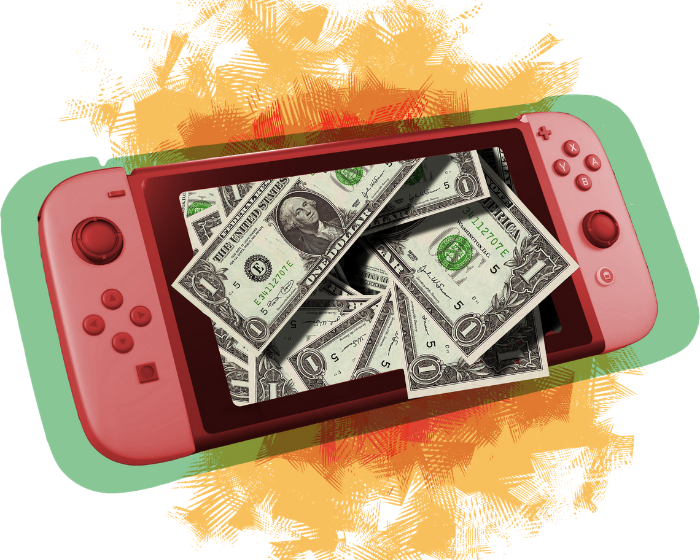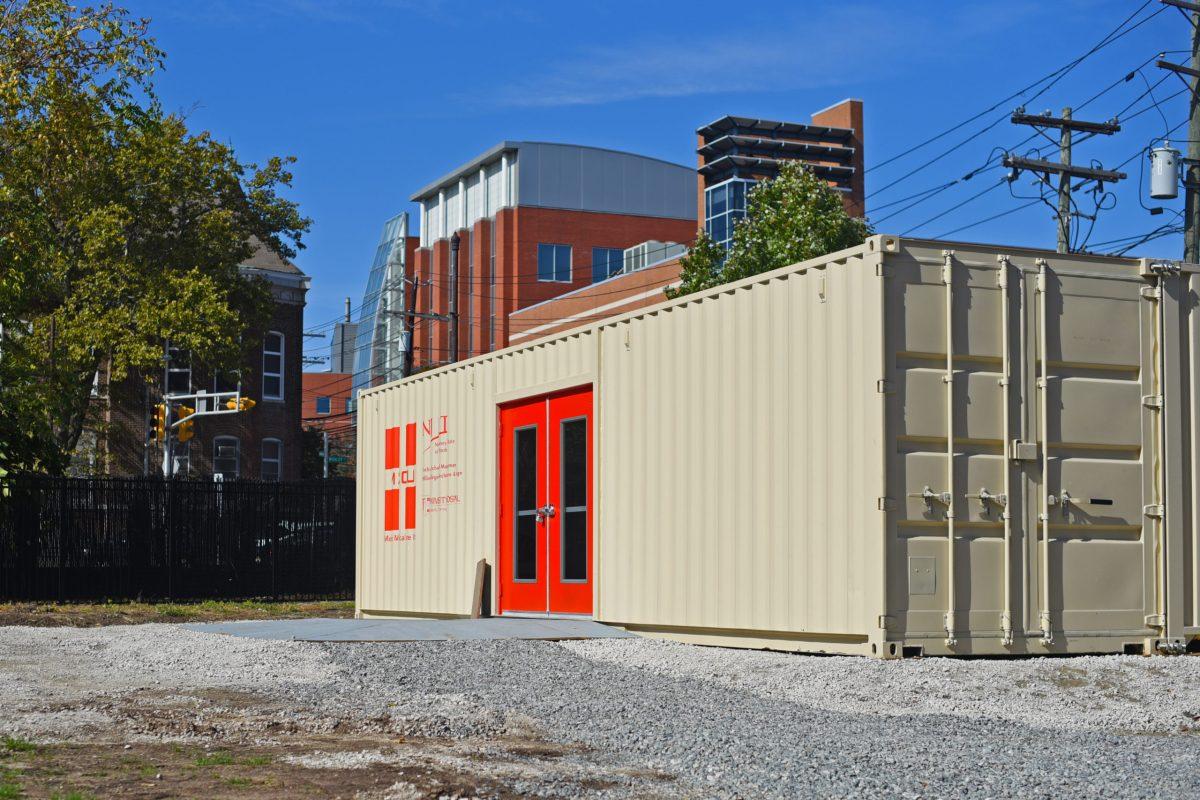In 1990, 0.8% of the United States of America’s population had an Internet connection. Ten years later, around the turn of the century, that percentage was 43.1% of the United States’ population. Ten years after that, the percentage was 71.7%. Today – 84.2% of the country’s population is active on the digital world.
These numbers are hailed as a success for digital computer companies. Furthermore, these numbers are the backbone of the never-ending debate over categorizing the Internet as a “utility” (a common good that is needed for everyday basic functions – similarly to heat, hot water, food, etc.). When recognizing the amount of traffic and productivity being accomplished by vast Internet usage, one can easily see why lawmakers and technological enthusiast would like to categorize the Internet as a “utility”.
Think about it: what in your daily life can be accomplished without the use of the Internet? More so, think: what in your daily life cannot be accomplished while using the Internet? Taxes, landing a job offer, legislation, shopping, communication, the court system, banking, socialization, learning, obtaining the news and weather for the day, gaming…it is all Internet dependent. Our society will grind to a screeching halt if the Internet is put on hold for a single day – let alone a single hour!
So my subject to persuade you off: is it that farfetched to think of a day where we submit an election ballot online? Before you pass judgment on my position consider that online voting for reality TV show participants in 2004 got more votes than the presidential election in the same year. Now that I got the cells of your brain all excited and your interest levels at an all time high, throw away all your pre-conceived notions of today’s voting and allow me to explain my argument for the elections of tomorrow.
Convenience. Due to the Internet’s convenience, it takes less time for an individual to make a stock market transaction, worth thousands and thousands of dollars, than it does to wait on hold with the county clerk to find out where their polling place is. If an online election becomes a reality, you can place your ballot in the matter of seconds with just a few clicks. This eliminates missed time at work or school, aids in avoiding long lines at the polls, and removes barriers for the medical handicapped.
Efficient and Accurate. The current election system currently is filled with flaws that can impact elections. For starters, in some districts, ballots are counted by hand – often times by a poll worker who just worked 14-16 hours. That worker is tired and is prone to mistakes (just think about the conclusion of your essay after you have been working on it all night, the end result isn’t pretty) especially after committing that many hours. Ballots are misread, categorized as a “bad vote”, ignored, and sometimes even counted for the opposite party then what is actually written on the ballot.
You know who doesn’t get tired? The Internet. By having technology calculate ballots by utilizing an online election, society will ensure faster results and, most importantly, society will receive results that are much more accurate.
Turnout. When the election process becomes as simple as logging on to the Internet, more people will participate. Internet voting will play an increased role in higher voting turnouts, especially amongst the youth demographic. Voters aged 18-24 are constantly the lowest amongst voting participation statistics – averaging about 21% of the electoral community. On the contrary, this same age group is the overwhelming dominate majority on the Internet.
By transforming the election process to one that caters to their specific interests, they will be more inclined to participate. Just imagine the millions of online users that are between the ages of 18-24 and how “tech-savvy” these individuals are – their constant presence online is begging for the implementation of Internet Voting.
The opposition to Internet voting is going to bring up issues of security and issues of foul play during elections. While those concerns are certainly warranted with good intentions, they are not capable of being sustained as legitimate concerns. If Internet voting is implemented, proper methods of security can be sought in order to protect the integrity of the election. One method of safe encryption tools is known as “blockchain” technology.
This technology allows for an audit of a database, in this case the one maintaining the elections, in order to follow the computers that access this database in order to cast a vote. This technology allows for safety by ensuring computers who “logon” to vote are not hackers or scammers. An obvious example of blockchain technology in action is used in modern day bitcoin transaction, where multiple users are audited to ensure the database storing the currency is not corrupted. To simplify a highly technical field, blockchain technology allows for multiple users to access a focal database without corrupting the data on the central system.
Society needs to find a way to make the election process cater to the needs of present day society – and that is online. In the 2016 elections, thousands of complaints were filled for long lines and for questionable actions while citizens were casting their vote. An Internet vote eliminates the basis of these complaints and ensures a more efficient and accurate election with an increased youth turnout.
America, the next Presidential election will be held in November of 2020, would you rather be voting online or waiting on line to cast your vote? If you answered the former, then say hello to “Elections Online.”

































